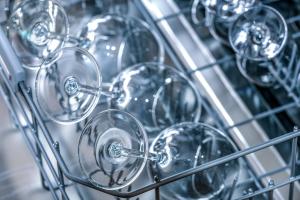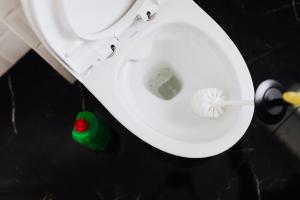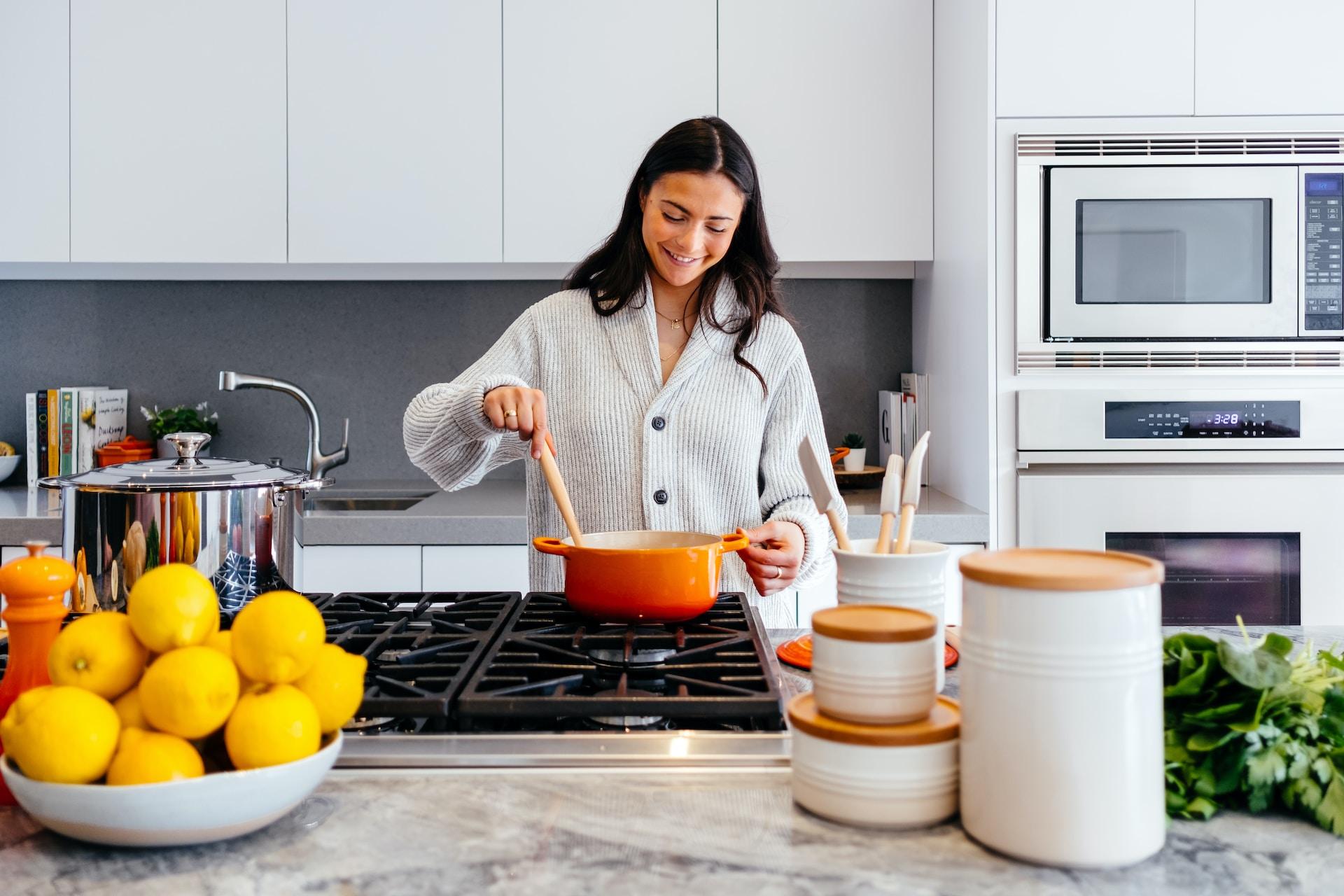
When we think of cooking, we often think of the ingredients we use, the recipe we follow, and the techniques we employ. But one thing that is often overlooked is the quality of the water we use in our cooking and baking.
Hard water can have a significant impact on the outcome of our culinary endeavours, so if you live in a hard water area, the taste and nutrition of your meals may be affected by this. We explore how hard water affects cooking and what you can do to mitigate its effects.
At a glance:
- Hard water takes longer to boil, making your cooking time longer than expected.
- The minerals in hard water can react with your ingredients and alter their taste. Vegetables, for example, may taste bitter or metallic cooked in hard water.
- Hard water can impact food texture, pasta might be too chewy and veg might be too soggy.
- Can make baked goods chewier and denser than they are meant to be.
What is Hard Water?
Hard water is water that contains high levels of dissolved minerals, primarily calcium and magnesium. These minerals come from the soil and rock formations that the water passes through on its way to our taps. Hard water is common in many areas of the world, and it can cause a range of problems in our daily lives, including in our cooking. Take a look at our hard water map to see if your address is in a hard water area.
Can You Cook With Hard Water?
Yes, you can certainly cook with hard water, and many people do so without even realising it. However, hard water can have several negative effects on the quality of your food and the efficiency of your cooking appliances.
Cooking with hard water is not harmful or dangerous, but it can be frustrating and may negatively impact the taste, texture and nutritional value of your food.
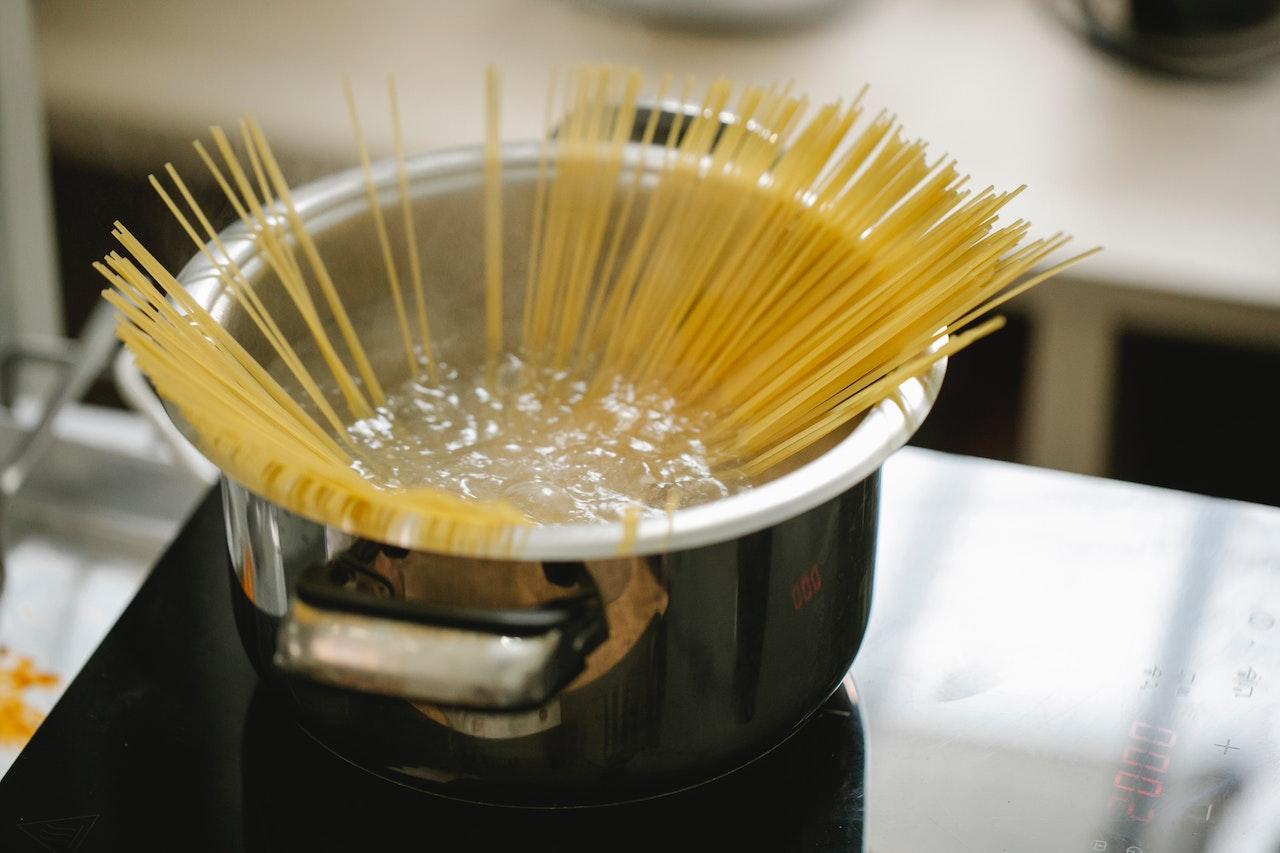

How Does Hard Water Impact Cooking Time?
One way that hard water affects cooking is by slowing down cooking times. When you cook with hard water, the minerals in the water will elevate the boiling point, meaning that it takes longer for the water to boil. This can throw off the timings of your cooking, taking longer to boil your food than expected.
How Does Hard Water Impact the Flavour of Food?
Hard water can affect the flavour of your food. The minerals in hard water can react with the ingredients in your food, altering their taste. For example, if you're cooking vegetables in hard water, the minerals can make them taste slightly bitter or metallic.
Foods like rice and grains can absorb the flavour of the water when cooked in hard water, which can impact the taste of your meal. When you cook with soft water, these issues are not present.
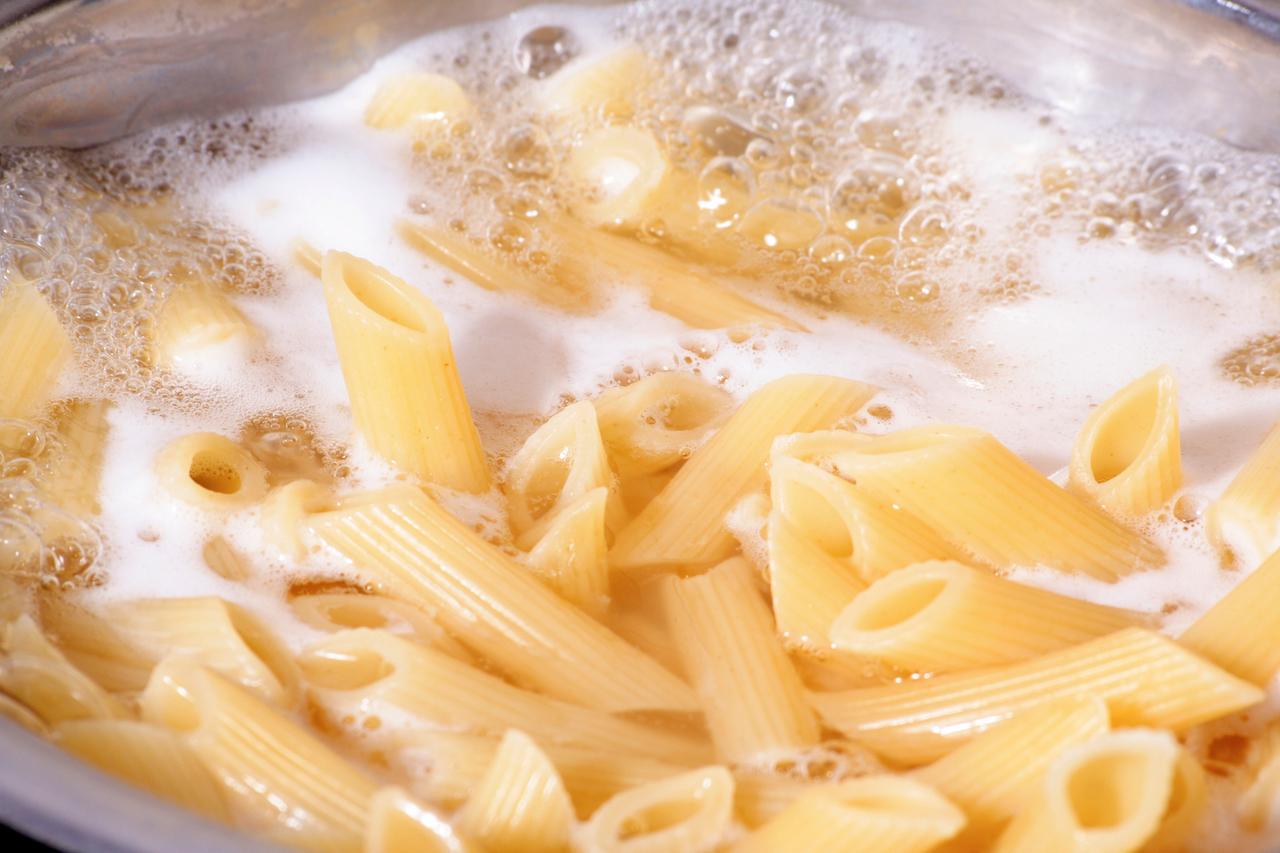

How Does Hard Water Impact the Texture of Food?
When cooking with hard water, the texture of the food may also be impacted. Boiled or steamed vegetables may look soggy when cooked using hard water. Conversely, if you're cooking pasta, the minerals can make the noodles slightly tougher or chewier than they would be if cooked in soft water.
How Does Hard Water Impact the Nutrients In Your Food?
Another way that hard water affects cooking is by reducing the nutrient content of your food. The minerals in hard water can bind to certain nutrients, such as iron, zinc, and manganese, making them less available for your body to absorb. This means that even if you're cooking with nutrient-dense ingredients, you may not be getting all of the health benefits if you're using hard water.
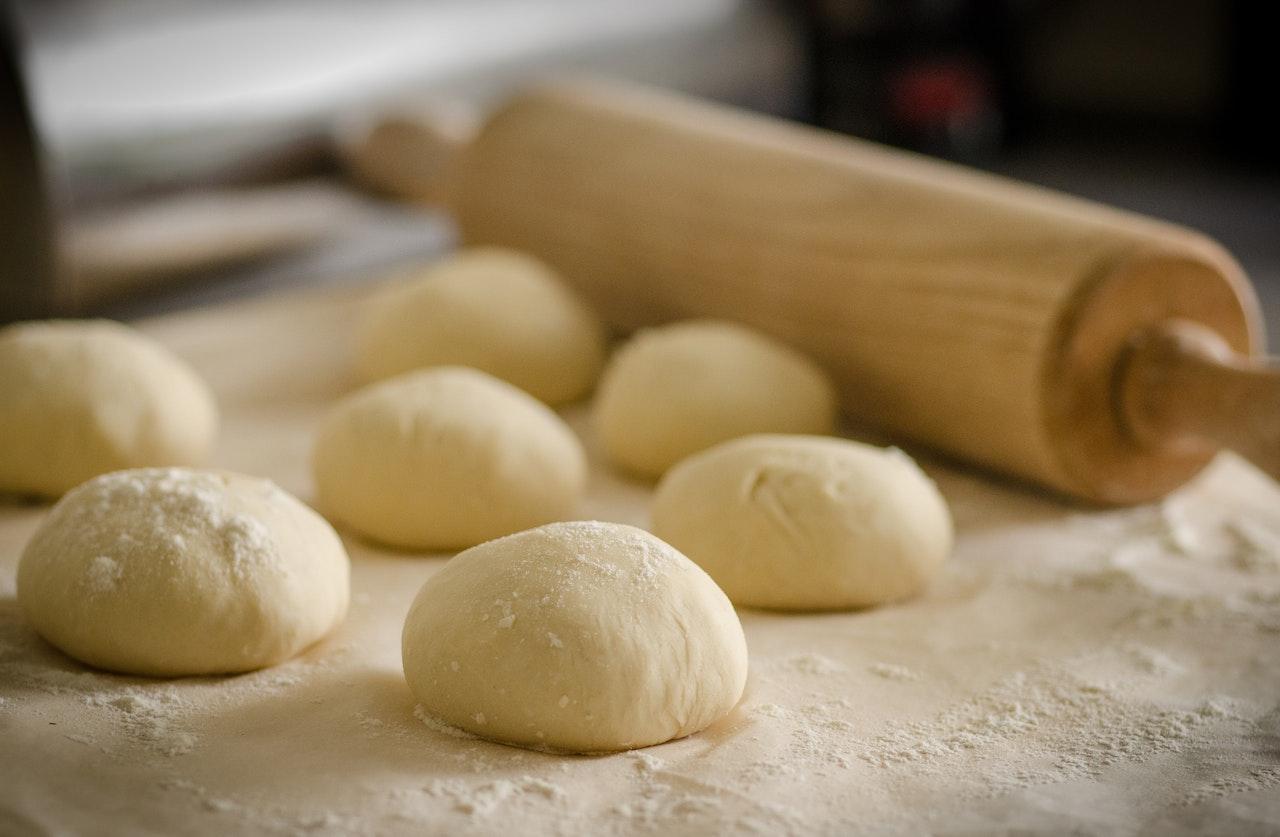

How Does Hard Water Impact Baking?
Hard water can have a negative effect on the quality of baked goods. Hard water contains high levels of dissolved minerals, such as calcium and magnesium, which can interfere with the chemical reactions that take place during baking. It can change the active yeast and the structure of gluten.
One of the most common effects of hard water on baking is that it can cause baked goods to become tough or chewy. This is because the minerals in the water react with the proteins in the flour, causing them to become more elastic and less tender. In some cases, this can also cause baked goods to be denser than they would be with soft water.
Hard water can also affect the texture of baked goods by interfering with the leavening process. Leavening agents such as baking powder and baking soda require an acidic environment to work properly. However, the minerals in hard water can neutralise some of the acidity, which can lead to baked goods that are denser and less fluffy than they should be.
To avoid the negative effects of hard water on baking, it is recommended to use softened water in your recipes to help ensure that your baked goods turn out tender, fluffy, and delicious every time.
How Does Hard Water Affect Kitchen Appliances?
Hard water causes limescale buildup - a hard deposit with a chalk-like appearance. The scale buildup caused by hard water can negatively impact the efficiency and longevity of your cooking appliances. The scale can accumulate inside appliances such as coffee makers, kettles, and other equipment that require water. This scale buildup can impair the functionality of the appliance and can require additional cleaning and maintenance.
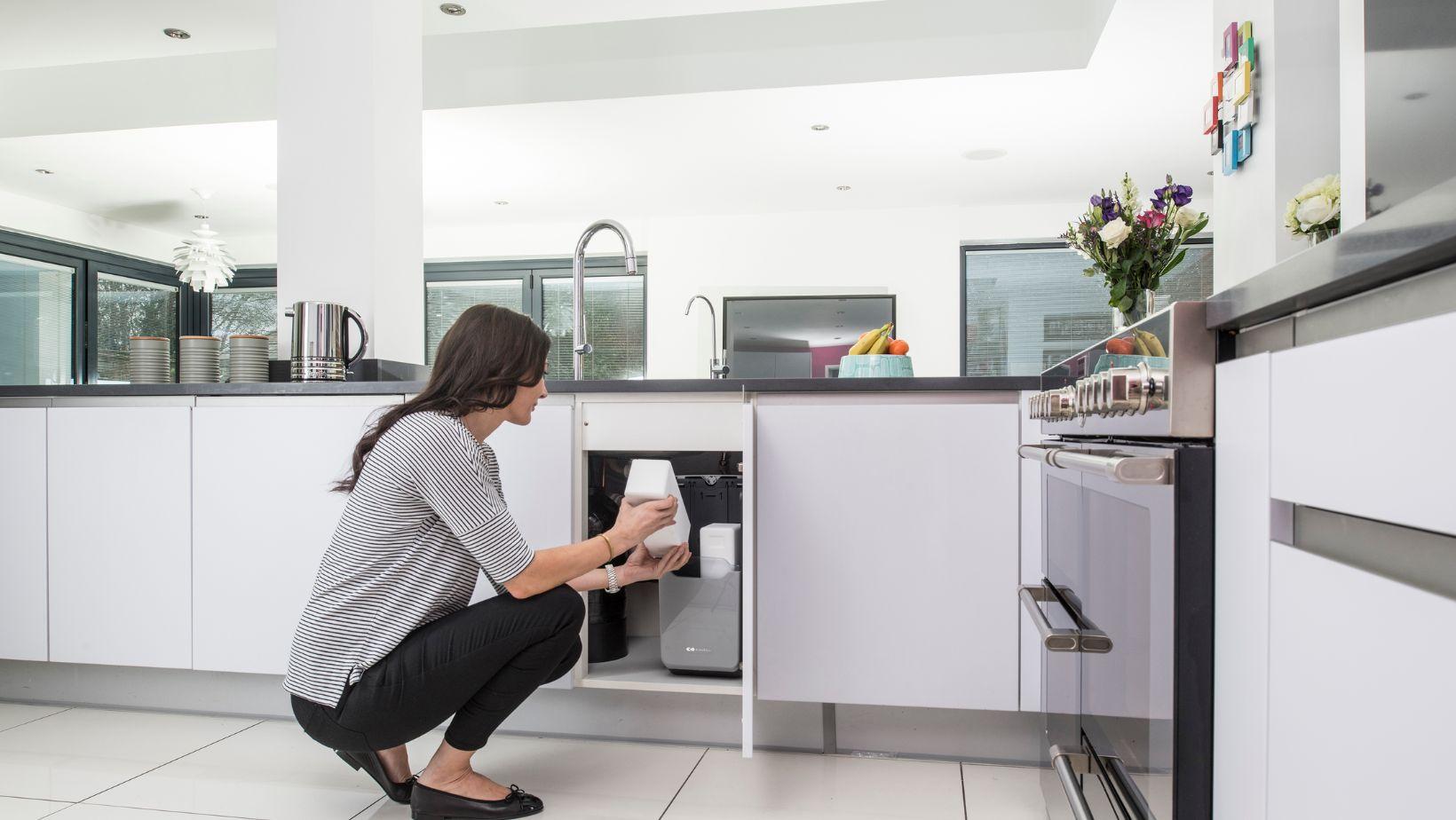

How to Improve Your Cooking With a Water Softener
Hard water can have a significant impact on your cooking. It can slow down cooking times, alter the flavour and texture of your food, reduce nutrient content, and cause scaling on your cookware and appliances.
So, what can you do to mitigate the effects of hard water on your cooking? One solution is to invest in a water softener. A water softener is a device that removes the minerals from your water. At Kinetico, we offer water softening solutions so you can enjoy softened water straight from your taps.
Another option is to use filtered water for cooking, as it can remove many of the impurities in your water, including minerals. While filtered water won't be as soft as water from a water softener, it can still be a significant improvement over hard water.
While cooking with hard water is not harmful, it can have negative impacts on the quality of your food and the efficiency of your cooking appliances. Therefore, if you have hard water and want to improve your cooking, get in touch with us at Kinetico to see how a water softener can help.






